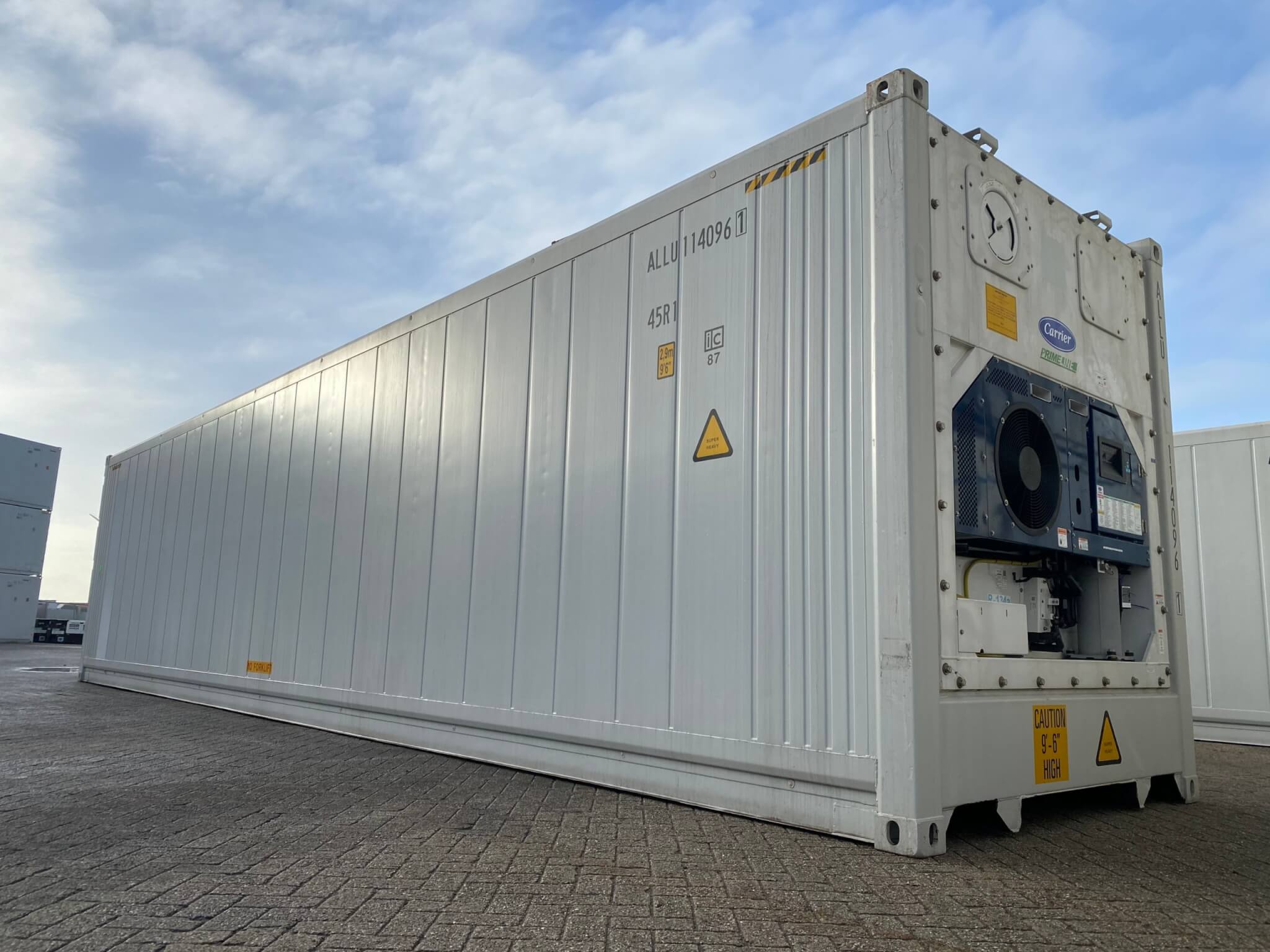Reefer shipping containers are refrigerated containers that can transport temperature-sensitive goods worldwide. They are essential for preserving perishable products’ quality and safety, such as food, pharmaceuticals, flowers, and more. Reefer shipping containers have been around for decades, but they have recently undergone a remarkable transformation that is revolutionizing the global cold chain.
One of the main drivers of this transformation is adopting new technologies that enhance the efficiency, reliability, and sustainability of reefer shipping containers. These technologies include:
- Remote monitoring and control systems allow shippers and carriers to track their reefer containers’ location, temperature, humidity, and other parameters in real time and adjust them remotely if needed. This reduces the risk of spoilage, damage, or theft and improves customer satisfaction and trust.
- Smart sensors and IoT devices that collect and analyze data from reefer containers and their surroundings provide insights and recommendations for optimal performance and maintenance. This enables predictive and preventive care, reduces operational costs, and extends the lifespan of reefer containers.
- Renewable energy sources and energy-efficient solutions that reduce the carbon footprint and environmental impact of reefer shipping containers. These include solar panels, wind turbines, fuel cells, batteries, hybrid systems that power reefer containers with clean energy, insulation materials, ventilation systems, and refrigerants that minimize heat loss and energy consumption.
These technologies are not only beneficial for reefer shipping containers but also for the entire cold chain ecosystem. They enable better coordination and collaboration among stakeholders, such as shippers, carriers, ports, terminals, warehouses, distributors, retailers, and consumers. They also facilitate compliance with international standards and regulations regarding food safety, quality assurance, traceability, and environmental protection.
Reefer shipping containers are transforming the global cold chain and creating new opportunities and challenges for the industry. As the demand for reefer shipping containers grows, so does the need for innovation, investment, infrastructure development, and a skilled workforce. The industry also faces competition from alternative modes of transport, such as air freight and rail transport, which may offer faster or cheaper options for some markets or products. Moreover, the industry has to cope with the uncertainties and disruptions caused by global events such as pandemics, natural disasters, trade wars, and climate change.
Reefer shipping containers are at the forefront of a new era in the global cold chain. They are not only a means of transport but also a source of value creation and competitive advantage for the industry. Refer shipping containers can deliver more than cold goods by embracing the latest technologies and best practices. They can provide customer satisfaction, operational excellence, environmental responsibility, and business growth.
 عربي
عربي عربي
عربي